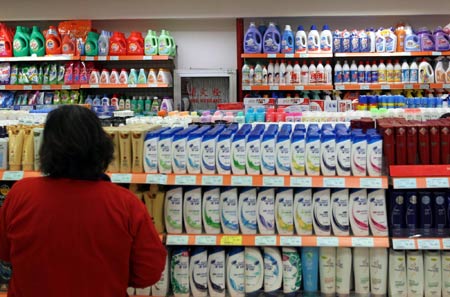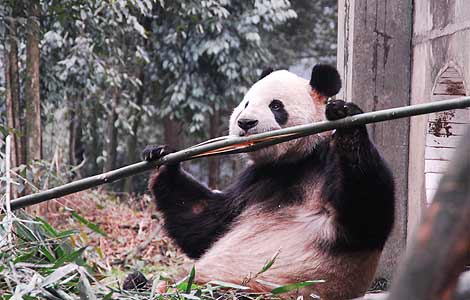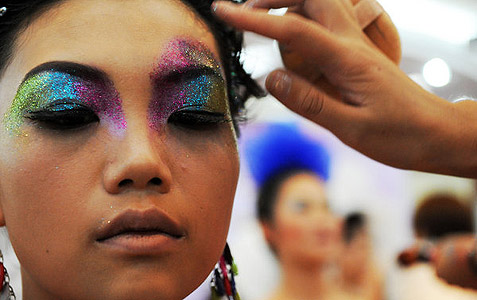P&G to target smaller cities to boost growth
Updated: 2011-06-07 08:08
By Li Woke (China Daily)
|
|||||||||
Consumer products giant hoping to offset slowing sales in Europe
|
|
SEOUL, South Korea - Head & Shoulders, Procter & Gamble Co's (P&G) shampoo brand, will target small Chinese cities to boost sales growth, the company said last week in Seoul.
"Head & Shoulders will start entering county-level or village-level areas in China. It's part of our company's strategy to stimulate global sales growth," said Wu Weining, senior manager of P&G Beauty's TechMKT and e-PR division in the Chinese mainland.
The anti-dandruff shampoo accounts for nearly one-fifth of the Chinese shampoo market and it has been the top seller in the country for more than a decade.
"China is a key market for us, because it has been a sales engine for Head & Shoulders and P&G," said Nicholas Hotham, the communications director of P&G Beauty.
In April, the Cincinnati-based company announced its first-quarter earnings climbed 33 percent, while net income increased to $2.7 billion, or 79 cents a share, from $2.03 billion, or 77 cents, a year earlier.
However, the maker of Tide detergent and Pampers diapers said that weak demand in Europe had resulted in lower shipments at P&G's professional-hair-care unit on the continent.
Meanwhile, P&G's major competitor Unilever PLC reported that first quarter sales rose 7 percent to 10.9 billion euros ($16.1 billion), helped by a strong performance in emerging markets such as China.
In 2005, P&G's Chief Executive Officer A.G. Lafley's attempt to bolster revenue with the $57 billion purchase of the Gillette brand.
Spurred largely by the acquisition, P&G has made a concerted effort to expand in areas such as beauty and grooming, a segment which has seen the company's total sales rise to 33 percent from 18 percent over the past decade.
Despite the sales growth, the US consumer product's giant said that prices of commodities and raw materials will increase in the first half of the year, to offset part of its operating margin.
However, the Chinese government has asked P&G and Unilever to delay their raising prices in China, because Beijing is determined to keep soaring consumer prices under control.
Earlier this year, the country set an inflation target of 4 percent for 2011.
However, inflation came in at 4.9 percent in January and February and surged to 5.4 percent in March, followed by 5.3 percent in April, despite the implementation of a series of measures designed to dampen rising prices.
China Daily












